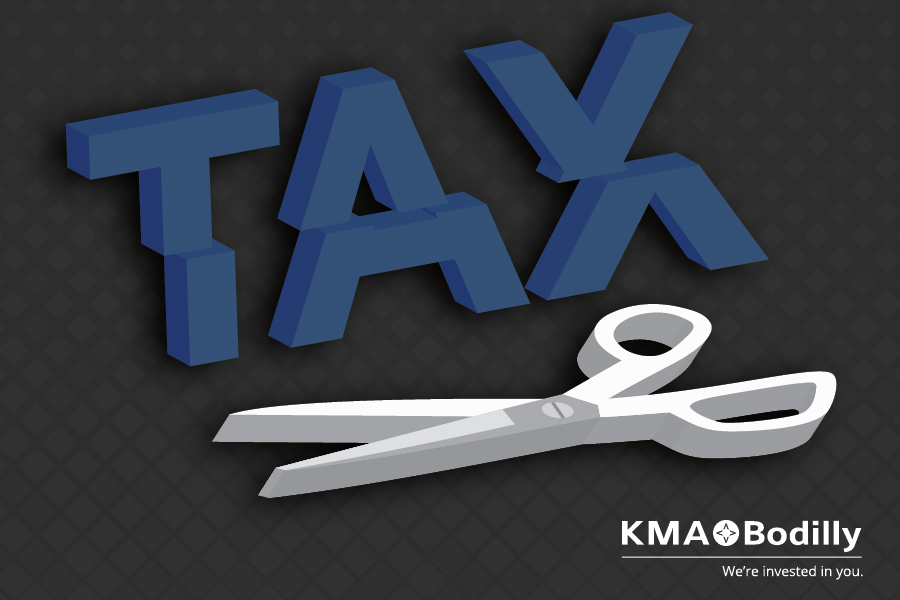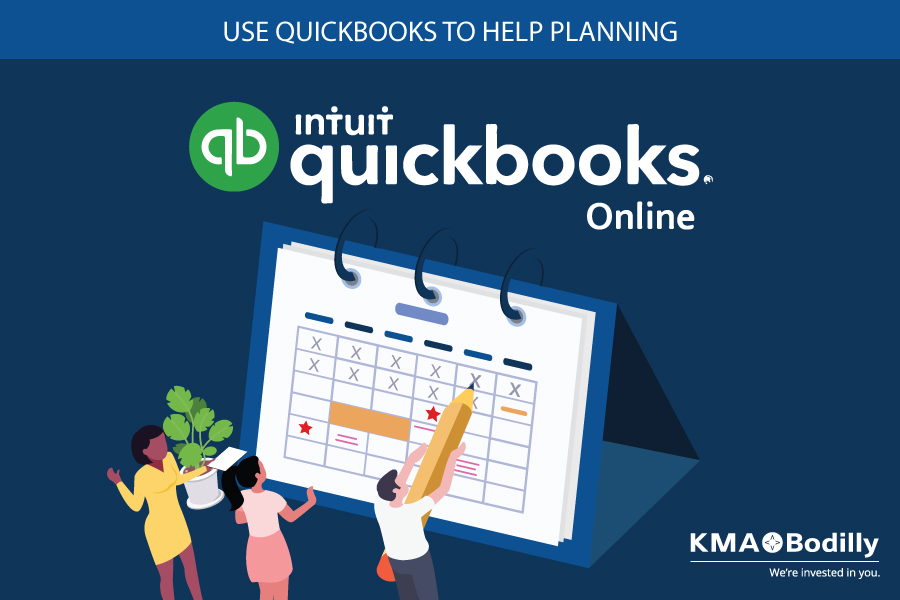What You Should Consider for This Tax Season
Do You Know What To Bring Your Accountant This Tax Season?
It’s never too early to think about the upcoming tax season. No matter if you’re a business owner or regular taxpayer, you’re sure to have an easier time of taking care of your taxes by working with a knowledgeable accountant. So, do you know what paperwork you need to complete the process? Not to worry, KMA is here to help.
For Business Owners
There’s no denying that business owners have access to plenty of tax planning programs and software that take care of sorting out their tax burden for them. The truth of the matter is everything from a one-person business to a medium-sized company should be handled by an accountant. There may be new tax laws or write-offs you aren’t yet aware of and may not be until it’s too late. Make things easier for yourself and bring in an accountant with experience helping businesses of your size. So what paperwork do you need to bring with you for your Tax Day meeting?
Specific documents you need include:
- The paperwork for any assets you took on or got rid of this tax year
- Financial statements such as income, profit-loss, cash flow statements and balance sheets
- Receipts for such business expenses as advertising/marketing, travel expenses, utilities, rent, office equipment, maintenance and shipping
- Employee payroll information
- Expenses for company vehicles
- Business use-of-home details if your home or a room/area of your home doubles as your business HQ
It’s also a great idea to have the last year’s tax return with you. This is useful for accounting how much money you made and lost this tax year.
Some independent contractors, freelancers and business owners like to get a head start on their tax bill. Making quarterly installments is great for reducing any potential penalties and fees incurred for not paying your tax bill throughout the year. If you do make these installment payments, bring the amount and the day you paid them for your accountant.
Additional Tips for Business Owners
Accountants love working with people who are well-prepared and organized. Give yourself plenty of time to gather all the documents mentioned above and any others you think your accountant may require. Rather than waiting until the beginning of April to take care of your tax bill, start early. Getting the jump on everyone else means your accountant is likely to be in good spirits and not frazzled by the last-minute rush.
As you’re getting your paperwork together, reach out to your accountant to see how she or he wants everything organized. Before heading off, double-check that you have everything. Finally, be sure you ask your accountant for business advice to lower your tax bill and keep more of your hard-earned money in the future.
For Regular Taxpayers
The same principle about accounting software for business owners applies to personal tax bills. If you do decide to do your taxes yourself, at least have an accountant look over the results to ensure everything was done correctly.
As for the paperwork you need to bring with you, it’s a good idea to have your Social Security card if you’re working with someone new. Your accountant will need your SSN and the proper spelling of your legal name. You can substitute this with the previous year’s tax return as long as it has your full legal name and SSN.
Additional paperwork includes forms:
- W-2, for your wages and salary
- W-2G, for money earned from gambling
- 1099-A, if you went through foreclosure this tax year
- 1099-B, if you sold off such investments as bonds or stocks
- 1099-C, for canceled debts
- 1099-DIV, for dividends
- SSA-1099, for Social Security benefits
- 1099-MISC, for self-employment and related income
One thing to bear in mind is the fact that you may have received taxable income without a form. For instance, if you did freelance work and were paid less than $600, you likely won’t receive a form. Know that the company or individual who paid you for the work doesn’t always have to submit a form to the IRS. That said, you still have to declare the amount you were paid.
Additional Tips for Regular Taxpayers
If you made charitable donations this tax year, bring those receipts or whatever proof you have of those donations for your accountant. Mortgage interest, tax bond credit, higher education tuition, student loan interest and mortgage payments. Do any of these apply to your tax situation? Or maybe you have documents related to these items. Either way, hand them over or inform your accountant of them.
If you took on gambling losses, medical expenses, moving expenses, car registration payments or real estate tax bills, your accountant should have that information as well. Don’t forget about realized loss/gain for capital investments such as bonds, stocks and mutual funds.
Just like with business owners, be proactive about taking care of your personal tax bill. We know you may be reluctant to file if you have a sneaking suspicion you owe Uncle Sam. Putting it off won’t lower that tax bill. In fact, doing your taxes ASAP lets you figure out how you’re going to pay for unexpected fees and tax expenses before deadlines hit. If you do owe, talk with your accountant to see how you can keep that from happening again next year.
No matter what type of business you run, KMA is at your disposal for taking care of your tax services. Contact us today to get the jump on tax season.


